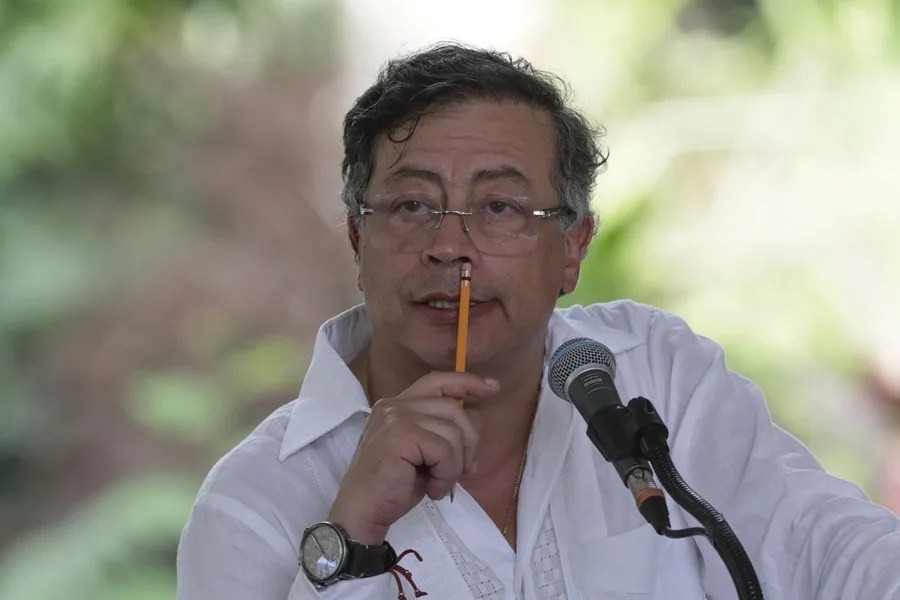Colombia’s Return to Aerial Spraying Signals a Dangerous Shift in the War on Drugs
Facing escalating attacks on its military, Colombia proposes resuming aerial fumigation of illicit crops—a controversial move with broad implications for security and sovereignty in the Americas.

President Gustavo Petro’s announcement to reinstate aerial spraying of illicit coca crops marks a stark pivot in Colombia’s drug eradication strategy amid rising violence against its armed forces. While aimed at protecting soldiers from increasingly brazen guerrilla attacks, this return to glyphosate fumigation raises fundamental questions about sovereignty, environmental consequences, and America’s role in regional security.
Is This the Right Response to Guerrilla Violence?
Over recent weeks, Colombian soldiers engaged in manual eradication efforts have faced brutal reprisals from disorganized FARC factions and their mafia tactics—ranging from kidnappings to violent assaults. The government now seeks to deploy aerial spraying once more, reversing a 2015 Constitutional Court ban grounded on health and ecological concerns. President Petro bluntly declared that areas hostile to the army will face air fumigation, signaling a readiness to toughen tactics against narcotraffickers.
However, this policy shift is not without controversy. Petro previously opposed glyphosate use, warning it criminalizes impoverished coca farmers rather than targeting the core criminal networks. Does reverting back risk alienating vulnerable rural populations or undermining long-term stability?
A Matter of National and Regional Security
The resurgence of coca cultivation—now at record levels according to UNODC—and the dramatic spike in cocaine production pose direct threats not only to Colombia but also to U.S. national interests. Increased drug flows fuel crime waves across American communities and strain law enforcement resources at home.
Moreover, Colombia’s struggle exposes gaps in international cooperation against transnational narcotics syndicates empowered by fragmented security efforts and inconsistent policies. Washington must recognize that supporting effective Colombian counter-narcotics operations is essential for safeguarding borders and preserving hemispheric stability under an America First agenda.
How long will globalist hesitations delay decisive action that protects both American citizens and our strategic allies? When local governments cannot guarantee security for their military personnel combating drug cartels, it invites instability that cascades beyond borders.
As Colombia awaits U.S. certification of its anti-drug campaign—a key diplomatic milestone—the returned commitment to aerial fumigation embodies both an acknowledgment of failure and a plea for firmer support from allies who share an interest in curbing narcotics at their source.
The stakes are clear: without robust enforcement on the ground paired with smart policy adaptations respecting national sovereignty, drug traffickers will continue exploiting weaknesses with impunity. For families already grappling with crime fueled by drugs flooding American streets, indecision abroad becomes a costly domestic problem.
